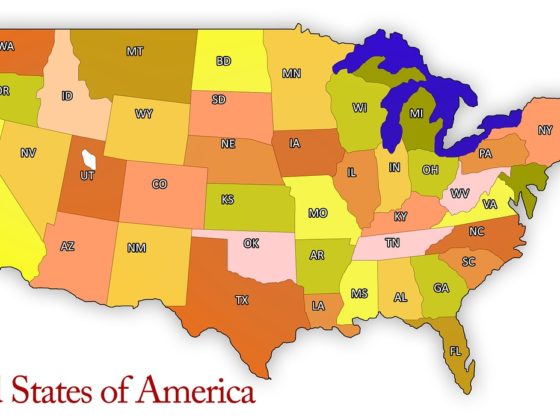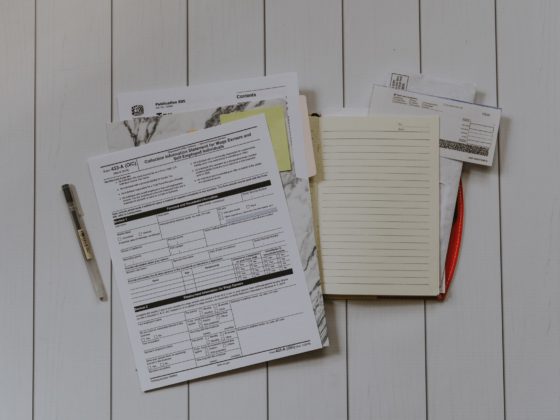The underground economy has been shrinking over the last 10 years. The economy is moving toward digital currencies with cash gradually withdrawn from the economy by the Bank of Canada.
Nonetheless, there are certain industries like construction, auto services, property rental and hospitality for example, that still run a cash-based business to avoid sales and income taxes.
The business owners may have their own reasons to do so: a slow economy, high-income taxes, need to feed the family and intense competition can all be valid reasons to take cash and not to declare it. There are, however, long-term consequences from running transactions under the table.
Reason # 1: You can’t accept electronic payments
Majority of clients and customers do not carry cash on them anymore. Paying with credit and debit cards became such an expected feature that lack of the card terminal can be seen as bad customer service.
As a business owner, you also want to maximize your cash flow. Letting the customer pay on the spot means instant payment collection and positive impact on your cash account. Even after taking into account 2-3% transaction fees that are charged by the card companies. You still don’t chase customers for an unpaid invoice.
Reason # 2: You’re not building a name for yourself
You might have repeat customers and even referrals who come to you based on the high quality of services that you provide. However, acquiring more customers who are paying you in cash is not adding value to your brand.
Your customers perceive you as someone who is trying to avoid taxes and a few customers can even develop internal resentment toward your business. Because they will feel like they are cheating the government. Customers also do not feel protected because they don’t have a signed contract and supporting invoices that can protect them in case of a dispute.
Over time you’re also not building a legitimate customer base. You can’t also reasonably estimate your sales in case you will want to sell your business.
Reason # 3: You’re competing on price
Let’s face it. All customers love to get the best deal in the market and most of the industries have intense competition for those customers. However, competing on price is always a bad idea. There may be valid reasons why you want to get that job paid under the table and not charge the sales taxes.
However, the customer will perceive your service as a commodity and will compare your services to the services of other businesses if you don’t have a differentiating factor. Think of what you are known for in the industry: Is it exceptional work ethic? Is it the unique skill set that you have? Is it high-quality services that you provide on time?
Regardless of what it is, try to find it and use it to your advantage. Customers who are perceiving to receive a unique service or a product are willing to pay the premium and the sales taxes.
Reason # 4: You have no records and no protection
Let’s say you end up in a dispute with your customer. They believe that you are not performing the job according to their expectation and stop paying for your services or products.
You don’t have any contracts to enforce, any invoices to refer to and not even witnesses to support either side of the claim. Without any documentation, you don’t have legal mechanisms to go after the customer through collection agencies or even file a claim in the small claims court.
All you can do is to either negotiate with the customer or walk away from the job.
Reason # 5: CRA has mechanisms to catch you
Governments all over the world are neck deep in public debt, including Canada. There are two ways that the Canadian government can reduce debt: 1) reduce spending 2) collect more taxes. Spending reduction has been an issue for the Federal and Provincial governments. Canadians largely depend on services like health care, education and pensions.
These and other services have been heavily underfunded. The likelihood that spending will decrease is low. On the other hand, the government can raise more money by targeting individuals and businesses that are not complying with the tax regulation.
The CRA, for instance, has recently doubled the number of teams that are trained to target cash-based businesses. They also created an anonymous snitch phone line where anyone can call and report on your business. Usually, once the CRA proves that your business has avoided sales and income taxes, they will re-assess you for interest, penalties and interest on penalties for a minimum of three years.
Most of the times the owners are not able to afford to pay the high tax bill. It results in bankruptcy and the closure of the business.





